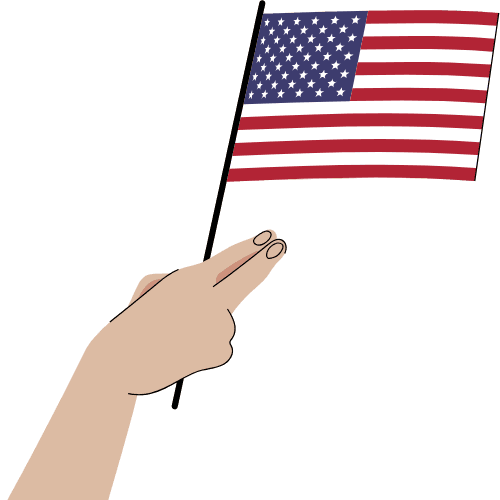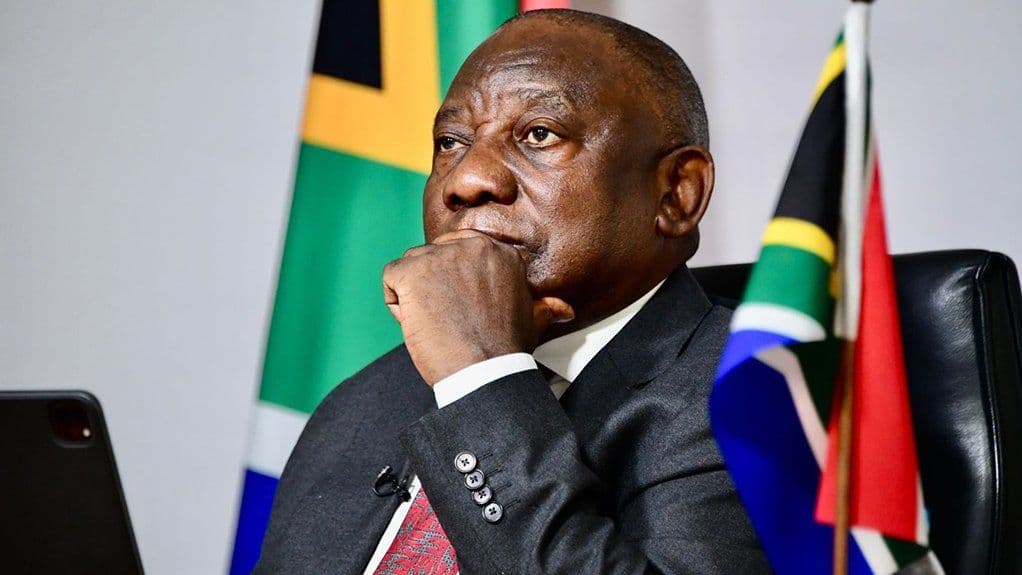National Dialogue 2025: A Bridge to Unity or a Path to Renewed Scrutiny for Afrikaners?

Refuge For Afrikaners
6/11/2025

A Nation Called to Dialogue: Hopes, Fears, and Lingering Questions
On Tuesday, 10 June 2025, the Head of State addressed South Africa, formally announcing the much-discussed National Dialogue. The speech, resonating with calls for unity and collective problem-solving, outlined a comprehensive, multi-phased process designed to "reimagine our future" and "forge a new social compact." While framed with appeals to historical successes achieved through dialogue, for many within the Afrikaner community, such pronouncements are met with a complex mix of cautious observation and deep-seated apprehension.
Echoes of the Past: Dialogue as a Double-Edged Sword
The President rightly invoked South Africa's history of dialogue, crediting it with overcoming apartheid and establishing democracy. Indeed, moments of significant national transition have been punctuated by such engagements. However, the lived experience for many Afrikaners in the post-1994 era colours their perception of these initiatives. While the promise of "expanding freedom, deepening democracy and building a better life for millions" is acknowledged, the persistence of "poverty, unemployment and inequality" often leads to a search for accountability. It is within this search that anxieties arise.
The call to "give all sectors of our society... a voice" is welcomed in principle. Yet, there's a palpable concern that the dialogue, despite its inclusive rhetoric, could devolve into a familiar pattern: the assignment of blame for the nation's "deep wounds."
The Looming Shadow: Will Apartheid Again Take Center Stage?
A significant undercurrent of fear within the Afrikaner community is that this National Dialogue, like many public discourses, will inevitably pivot to scrutinizing the legacy of apartheid as the primary, if not sole, cause of contemporary South African problems. While no one denies the historical injustices of apartheid, there is a weariness among Afrikaners, many of whom were born after its dismantling or were children during its final years, of being perpetually cast as the inheritors of collective guilt.
The concern is that the dialogue, intended to "reflect on the state of our country in order for us to reimagine our future," might become an exercise in historical recrimination rather than a constructive, forward-looking engagement. The question for many is: will this be a platform for genuine shared responsibility, or will it be an "ambush," as some fear, where Afrikaners are positioned as the scapegoat for ongoing governmental and societal failures?
Representation, Agendas, and the Quest for a True Voice
The announcement of a National Convention on August 15th, 2025, to "set the agenda," and the appointment of an "Eminent Persons Group," brings the process into sharper focus. While the list of eminent persons reflects a broad spectrum of South African society, including individuals like Roelf Meyer with a history in past negotiations, the overarching concern remains: will the specific anxieties and interests of the Afrikaner minority be genuinely heard and addressed, or will they be subsumed by a larger, pre-determined narrative?
Issues critical to the Afrikaner community – such as concerns over violent crime (including farm attacks), cultural and language rights, economic exclusion due to race-based policies, and the education of their children – often struggle for mainstream acknowledgment without being framed negatively. The fear is that the "society-wide process" might inadvertently marginalize these specific concerns, or worse, label them as obstacles to the "shared vision."
The ultimate aim, "a compact that outlines the roles and responsibilities of all South Africans," is laudable. However, if that compact is perceived to disproportionately burden one community with historical blame while absolving others of current responsibilities, it will fail to achieve the desired unity.
A Call for Genuine Dialogue, Not Pre-Ordained Conclusions
The Afrikaner community, like all South Africans, desires a thriving, safe, and prosperous nation. The success of the National Dialogue will hinge on its ability to create a space where all voices are not just invited, but are genuinely heard, respected, and considered – without pre-judgment or the assignment of collective blame based on historical identity. The hope is for a dialogue that truly builds bridges, rather than one that reinforces existing trenches of suspicion and alienation. The coming months will reveal whether this initiative can transcend the fears and foster the inclusive future it purports to seek.
Stay Updated on news about President Trump's Executive Order on Addressing Egregious Actions of the Republic of South Africa
Subscribe to our newsletter for the latest resources and community updates.